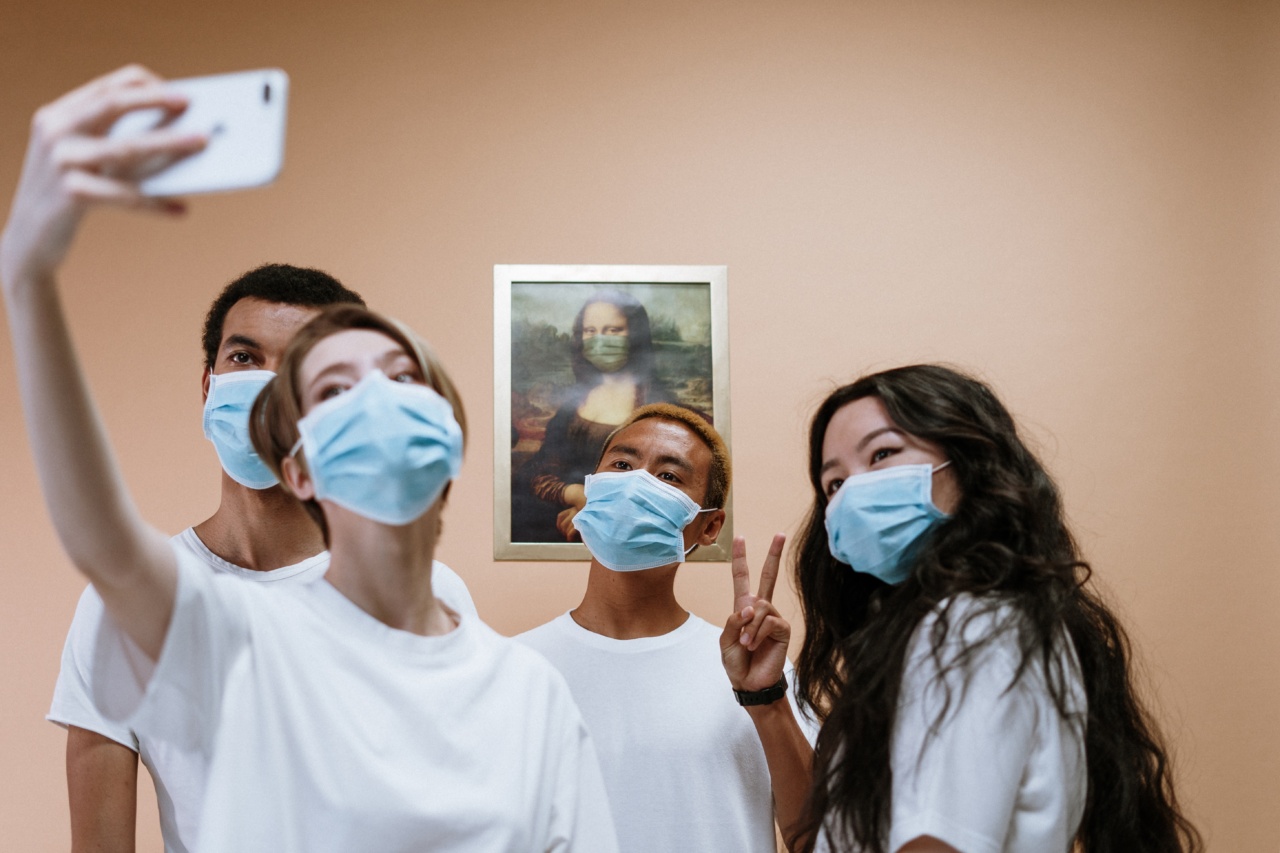Our face is the first thing that people notice. But little do we know that our face holds clues about our overall health status. Our face can show signs of skin issues, underlying medical conditions, or chronic diseases.
Here are some signs that you might want to keep an eye on:.
1. Dark Circles Under the Eyes
Having dark circles under the eyes can indicate that you’re not getting enough rest or sleep. It can also be a sign of other medical conditions.
2. Pale Skin
If your skin looks pale, this might be a sign of anemia, a low red blood cell count. This can be due to a lack of iron or vitamins in the body which can affect the skin’s color.
3. Yellow Skin
Yellow skin can be a sign of jaundice, a liver condition that occurs when the liver is not able to process bilirubin, a substance that forms after the breakdown of red blood cells.
4. Dry, Flaky Skin
Dry, flaky skin can indicate a lack of hydration. It can also be a sign of skin conditions such as eczema or psoriasis.
5. Oily Skin and Acne
Oily skin and acne can be caused by overactive sebaceous glands. It can also be a sign of hormonal imbalance, stress, or unhealthy diet.
6. Redness and Inflammation
Redness and inflammation can be due to skin irritation, sensitivity, or an allergic reaction.
7. Wrinkles and Fine Lines
Wrinkles and fine lines can be a sign of aging and sun damage. It can also be due to smoking, unhealthy diet, or chronic stress.
8. Puffy Eyes
Puffy eyes can be caused by lack of sleep, allergies, or an underlying medical condition such as thyroid problems.
9. Sunken Eyes
Sunken eyes can be a sign of dehydration or malnutrition. It can also be a symptom of anemia or chronic fatigue syndrome.
10. Dull Complexion
A dull complexion can be a sign of poor skin health, lack of hydration, or unhealthy diet.
11. Fine Broken Capillaries
Broken capillaries, especially around the nose and cheeks, can be a sign of rosacea which is a skin condition that causes redness, inflammation, and acne-like bumps.
12. Dark Spots
Dark spots on the face can be caused by sun damage, hormonal changes, or age.
13. Large Pores
Large pores can be a sign of oily skin, hormonal imbalance, or sun damage.
14. Rashes or Hives
Rashes or hives on the face can be a sign of an allergic reaction, stress, or a viral infection.
15. Swollen Lips
Swollen lips can be caused by an allergic reaction, dehydration, or a medical condition such as angioedema.
16. Whiteheads and Blackheads
Whiteheads and blackheads can be a sign of clogged pores and unhealthy diet.
17. Melasma
Melasma is a skin condition that causes brown or gray patches on the face. It can be caused by hormonal changes or sun exposure.
18. Excessive Hair Growth
Excessive hair growth on the face can be a sign of hormonal imbalance or a medical condition called hirsutism.
19. Swollen Eyes
Swollen eyes can be caused by allergies, infection, or thyroid problems.
20. Red Eyes
Red eyes can be caused by allergies, dry eyes, or an infection.
21. Sunburn
Sunburn can cause the skin to become red, swollen, and painful. It can also increase the risk of skin cancer.
22. Bags Under the Eyes
Bags under the eyes can be caused by lack of sleep, dehydration, or an underlying medical condition.
23. Sagging Skin
Sagging skin can be a sign of aging, weight loss, or a lack of collagen in the skin.
24. Nodules or Lumps
Nodules or lumps on the face can be caused by cysts, acne, or skin cancer.
25. Itchy Skin
Itchy skin can be a sign of allergies, skin conditions, or an underlying medical condition.
26. Flushed Skin
Flushed skin can be caused by hormones, skin irritation, or rosacea.
27. Bruising or Broken Blood Vessels
Bruising or broken blood vessels on the face can be caused by trauma or skin conditions such as rosacea.
28. Thin Skin
Thin skin can be a sign of aging, sun damage, or a lack of collagen in the skin.
29. Uneven Skin Tone
Uneven skin tone can be caused by sun exposure, age, hormonal changes, or skin conditions.
30. Swelling
Swelling on the face can be caused by allergies, injury, or an underlying medical condition such as thyroid problems.
Conclusion
Our face is a reflection of our overall health status. These signs can indicate anything from lack of sleep to underlying medical conditions, so it’s important to pay attention to them.
If you notice any of these signs, it’s always best to consult with a doctor or dermatologist.






























